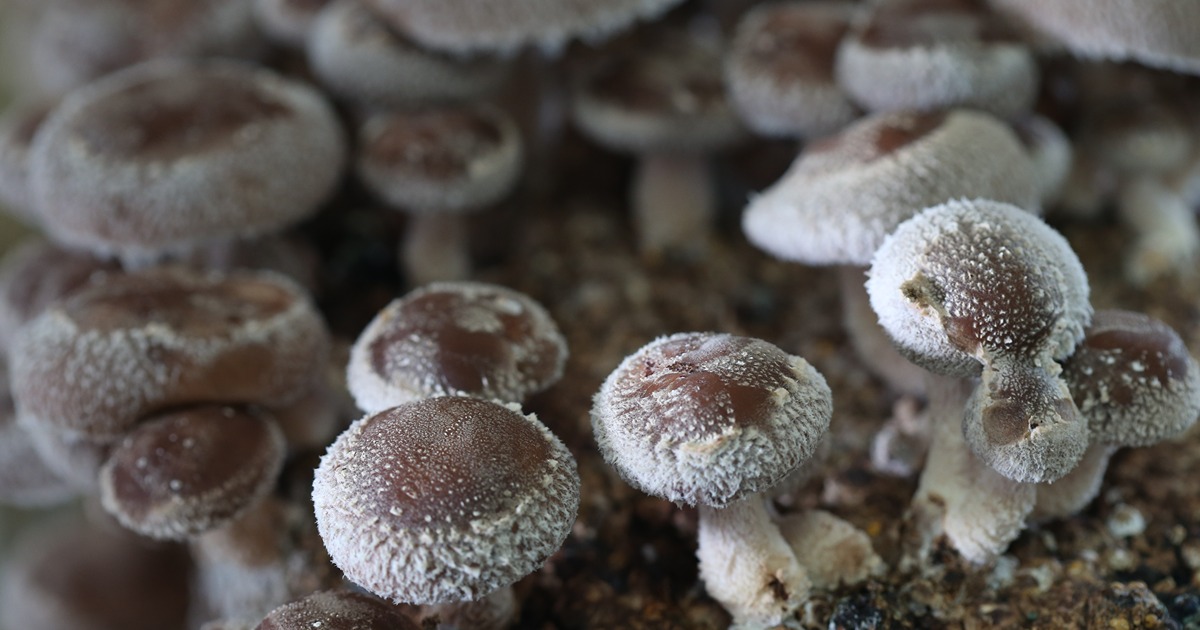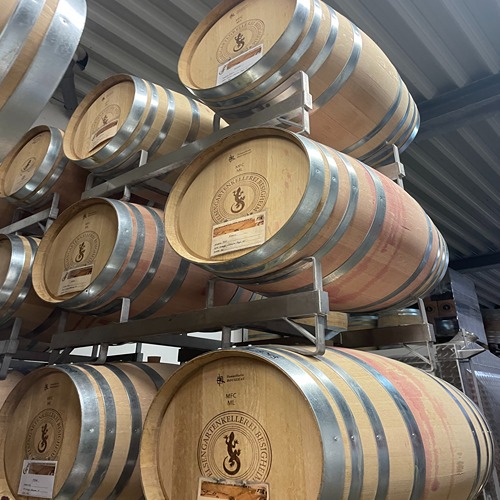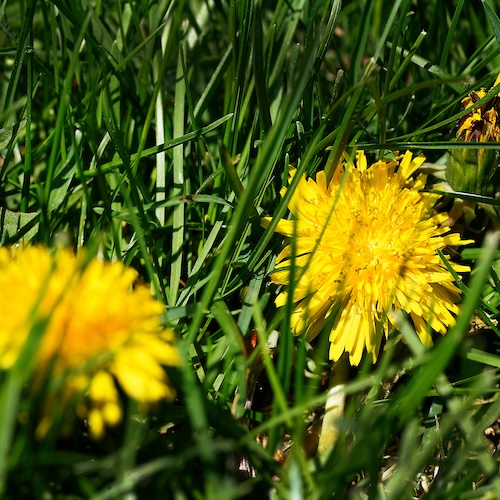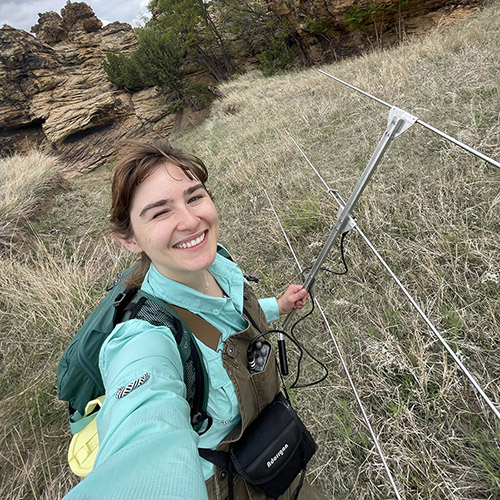The newest member of the Department of Animal Sciences didn’t ask for much in 2008, only for a door to link two rooms on the third floor of Lilly Hall of Life Sciences. “It made life easier,” Kola Ajuwon says, smiling.
The professor and recipient of the 2022 Agricultural Research Award seeks and makes connections. “Societal benefit drives my work as a researcher: How does what I’m doing impact society?” he says. “My research is always about why, understanding why. If we understand why, we’ll know how to make the system better, to make the animal better.”
The award, presented annually since 1982, is the highest honor for mid-career faculty members in the College of Agriculture. Recipients must have fewer than 18 years of experience since earning a PhD; Ajuwon earned his at Purdue in 2004.
Increasing the efficiency with which animals, especially pigs, grow is the focus of Ajuwon’s research. Early on, he concentrated on understanding the mechanism of fat development. “So many diseases are tied to fat,” he says. “If we reduce the amount of fat in animals, not only will they grow faster, they will be healthier. That’s why my work has application to humans. Obesity, cardiovascular disease, diabetes – they’re all related to fat mass.”
That work led to his interest in the gut. “It’s the gateway to the entire body. The gut processes all the food that becomes body tissue in the first place. A lot of these problems – efficiency, waste, the health of the animals – will be solved if we find out what is happening at the level of the gut and the interaction between the gut and other organs.”
Animals must be fed. Finite resources, including land and mineral rights, are used for that purpose. “We’re getting to a point where availability and cost are going to be issues,” Ajuwon says. More gut efficiency could reduce costs. “Our animals are exposed to a lot of gut dysfunction.” When weaned at three weeks or so, a pig’s gut is immature, not fully prepared for solid food. The digestive and other problems that ensue are treated with antibiotics.
“We can reduce antibiotic use if we make the gut healthier, stronger, before and during weaning, when pigs are very vulnerable,” Ajuwon says. “I want to understand what makes the gut unwell – and how we can make it well so the gut can better perform its role of digesting food.”
Ajuwon’s lab team discovered that luteolin, a natural flavonoid found in vegetables and spices, enhances the expression of certain genes that can accelerate development of intestinal epithelial cells in vitro. In the next phase, the team will study how luteolin affects newly weaned piglets. The project was funded in 2021 by the Agricultural Science and Extension for Economic Development program – AgSEED.
Ajuwon grew up in Oyo, Nigeria. Meat was expensive. Malnutrition was not uncommon. “I saw kids who were stunted. I knew the value of animal protein to people. I knew that if people got just a bit that kids will grow healthier. There are some things that you get from animal protein that you can never get from plant food.”





